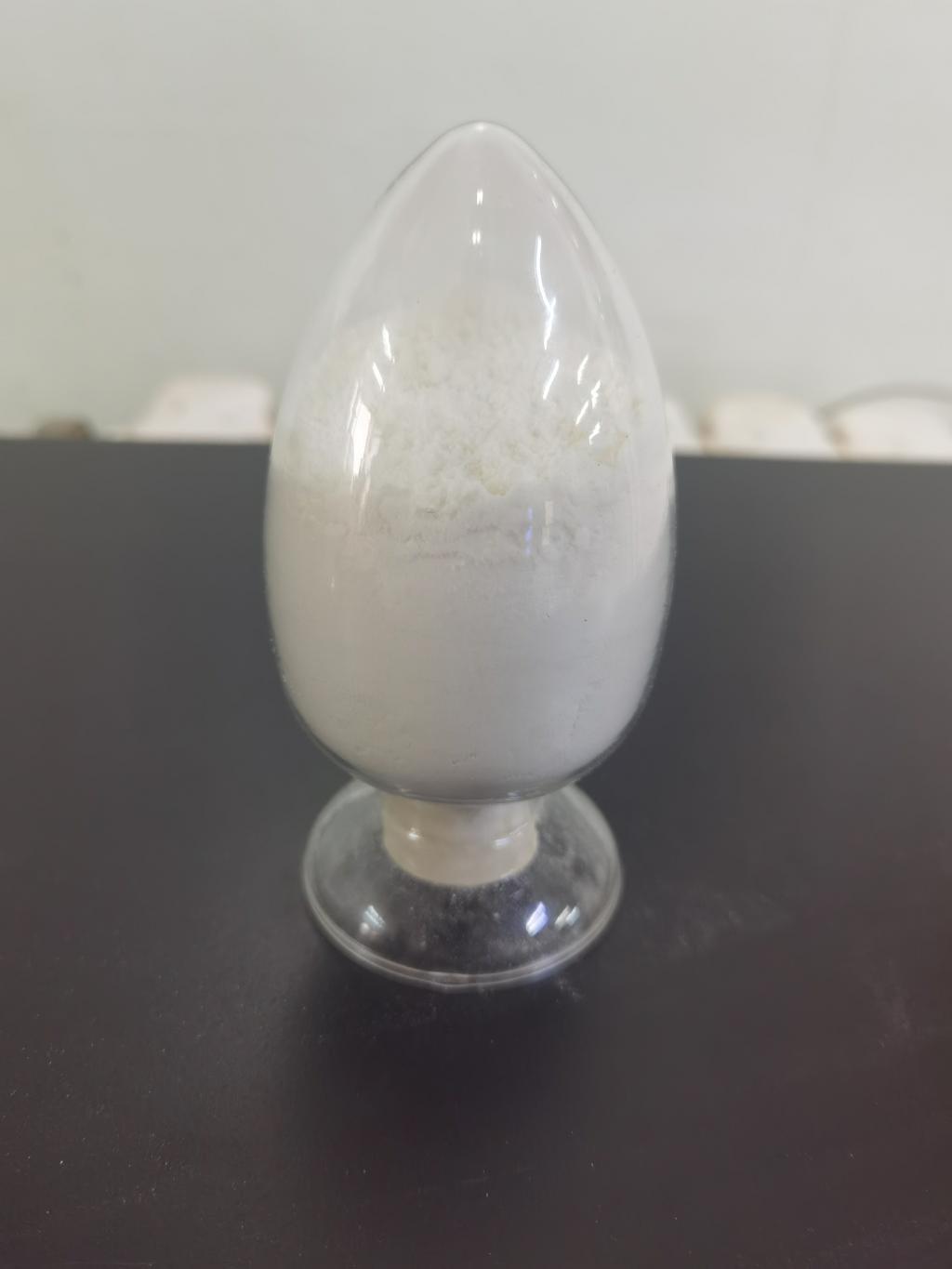Tel:+8618231198596

News
 CONTACT
CONTACT
 CONTACT
CONTACT
- Linkman:Linda Yao
- Tel: +8618231198596
- Email:linda.yao@dcpharma.cn
- Linkman:CHARLES.WANG
- Department:Overseas
- Tel: 0086 0311-85537378 0086 0311-85539701
News
Factory stock ε-Polylysine Hydrochloride's Application in Minimizing Foodborne Illness Outbreaks.
TIME:2023-10-11
2. Understanding ε-Polylysine Hydrochloride
ε-Polylysine hydrochloride is a naturally occurring antimicrobial compound produced through microbial fermentation. It exhibits strong antimicrobial properties and is effective in inhibiting the growth of various pathogenic and spoilage microorganisms. This compound has gained recognition for its potential in enhancing food safety.
3. The Challenge of Foodborne Illnesses
Foodborne illnesses present a multifaceted challenge, characterized by:
Public Health Concern: Foodborne illnesses lead to a significant number of hospitalizations and deaths worldwide.
Economic Impact: Outbreaks result in substantial economic losses due to healthcare costs, productivity loss, and reduced consumer confidence.
Consumer Trust: Incidents erode consumer trust in food systems, leading to concerns about product safety and quality.
Regulatory Frameworks: Governments and regulatory bodies are tasked with enforcing food safety regulations to protect the public.
4. Benefits and Mechanisms of ε-Polylysine Hydrochloride
ε-Polylysine hydrochloride offers several key benefits that address the challenges of foodborne illnesses:
Enhanced Food Safety: The antimicrobial properties of ε-Polylysine hydrochloride effectively control the growth of pathogenic microorganisms, reducing the risk of foodborne illnesses.
Extended Shelf Life: It can extend the shelf life of food products, reducing the likelihood of consuming spoiled or contaminated items.
Clean Label Ingredient: Considered a clean label ingredient, it aligns with the demand for natural and transparent food products.
Minimal Impact on Sensory Characteristics: In many cases, ε-Polylysine hydrochloride has minimal impact on the taste, texture, and aroma of food products.
The mechanisms behind its effectiveness include the disruption of cell membranes in microorganisms and the inhibition of cell division, which ultimately leads to microbial death.
5. Applications in Minimizing Foodborne Illness Outbreaks
The application of ε-Polylysine hydrochloride in the food industry has several vital implications for preventing foodborne illnesses:
Raw and Minimally Processed Foods: It can be used in raw and minimally processed foods to control pathogenic microorganisms.
Packaged and Processed Foods: In packaged and processed foods, ε-Polylysine hydrochloride aids in extending shelf life and enhancing food safety.
Foodservice and Catering: It can be employed in foodservice and catering operations to reduce the risk of contamination during food handling and preparation.
Food Processing Facilities: Large-scale food processing facilities can integrate ε-Polylysine hydrochloride into their operations to enhance the safety of finished products.
6. Regulatory Considerations
The use of ε-Polylysine hydrochloride in the food industry is subject to regulatory considerations, and permissible levels may vary by region. Compliance with established guidelines is crucial to ensure its safe and effective application.
7. Future Implications and Potential
The application of ε-Polylysine hydrochloride in minimizing foodborne illness outbreaks has significant future implications:
Enhanced Food Safety: Widespread use of this antimicrobial compound has the potential to drastically reduce the incidence of foodborne illnesses.
Economic Savings: Reduced healthcare costs and productivity loss could lead to substantial economic savings.
Consumer Confidence: Increased food safety may restore and reinforce consumer confidence in food products.
Innovation in Food Preservation: The development of novel food preservation methods could emerge, transforming the food industry.
8. Conclusion
Foodborne illnesses remain a critical public health concern with far-reaching implications for individuals, healthcare systems, and economies. ε-Polylysine hydrochloride's application in minimizing foodborne illness outbreaks offers a promising solution. Its antimicrobial properties and minimal impact on sensory characteristics make it a valuable tool in enhancing food safety. By adhering to regulatory guidelines and embracing innovative approaches, the food industry can harness the potential of ε-Polylysine hydrochloride to reduce the incidence of foodborne illnesses and improve the overall safety of food products.
- Tel:+8618231198596
- Whatsapp:18231198596
- Chat With Skype







